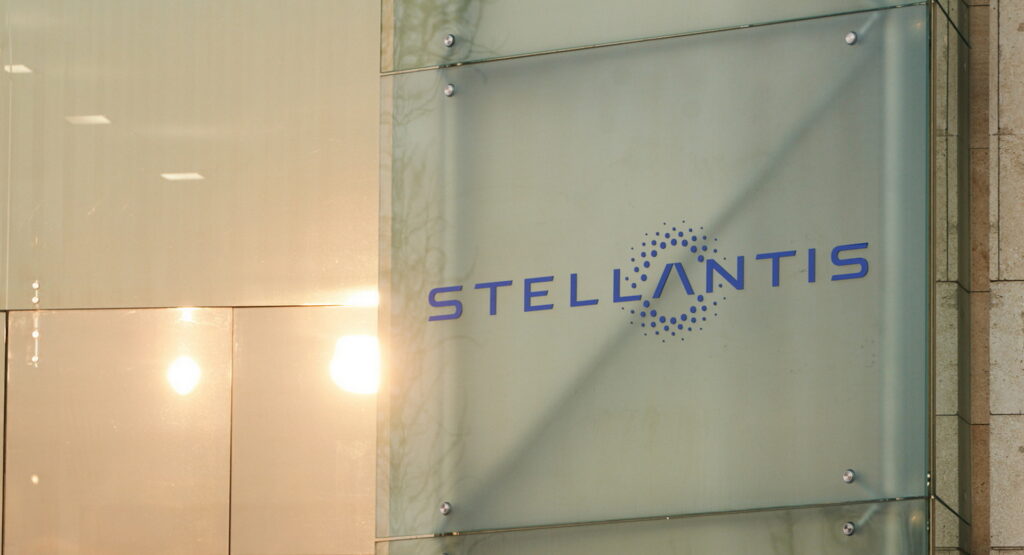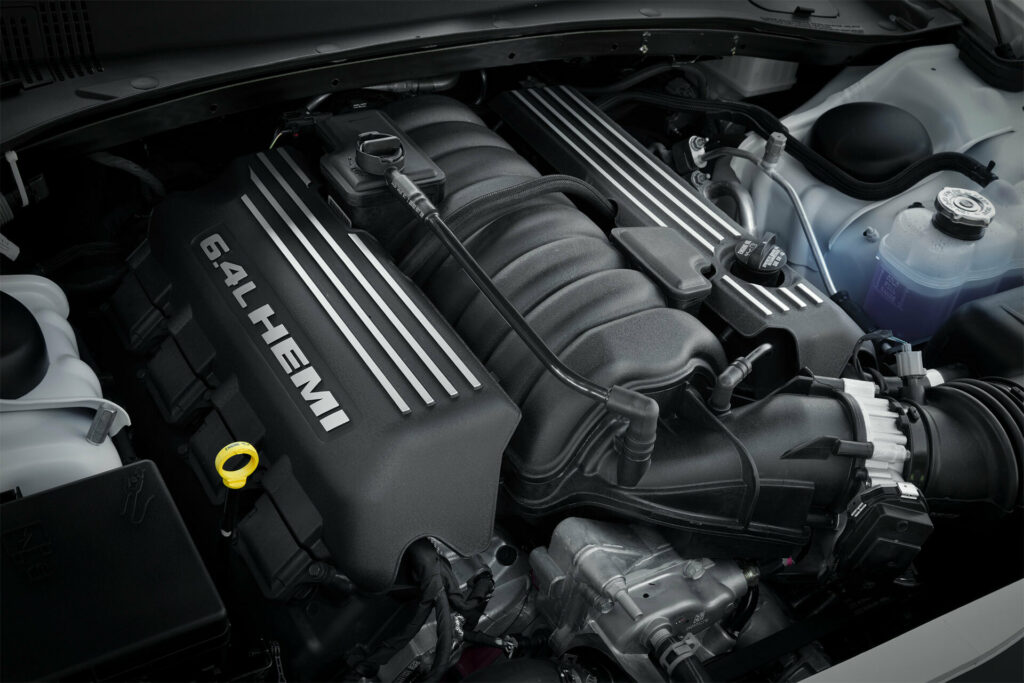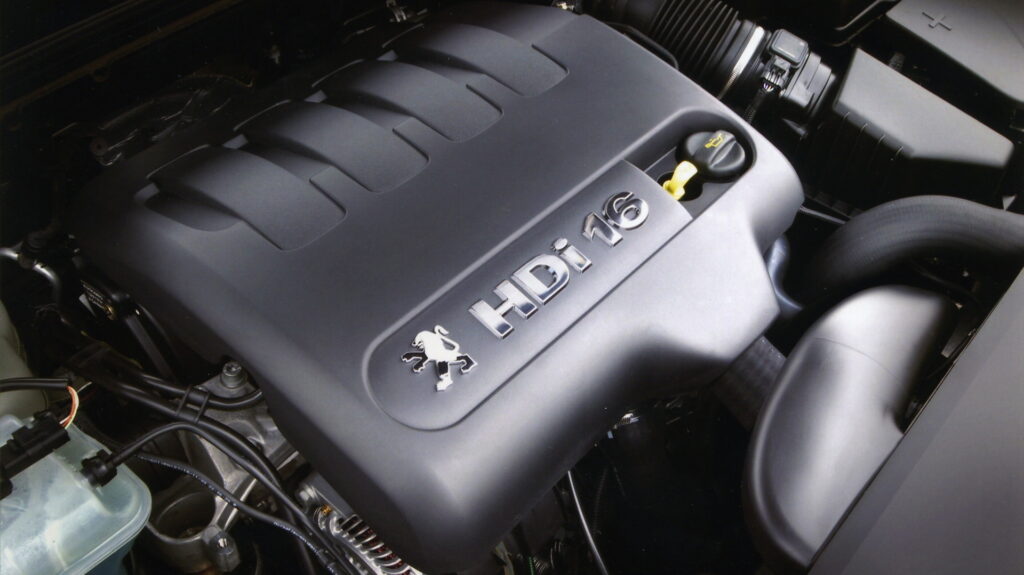Automotive juggernaut Stellantis is testing 28 of its engine families to ensure that they can run on synthetic fuels.
The company’s testing protocol includes engine families from 2014 through to 2029 and includes both petrol and diesel powertrains. Stellantis says the adoption of efuels will allow owners of combustion-powered vehicles the option to decarbonize their vehicle without needing to replace it for an EV or by upgrading the fuel system.
This program will allow the company to slash the emissions of the 28 million combustion-powered vehicles it has built since 2014 in Europe. Indeed, it could reduce CO2 emissions by up to 400 million tons from 2025 through 2050. Stellantis’ commitment to use efuels for pre-existing and upcoming ICE vehicles will play an important role in it becoming carbon net zero by 2038. Stellantis has already confirmed that it will only sell new battery-electric passenger cars in Europe by the end of this decade.
Read: Germany And EU Agree To Protect Internal Combustion Engines After 2035 With E-Fuels

“We are doubling down on our fight against global warming by testing carbon-neutral fuel as a complementary solution to our holistic decarbonization approach,” Stellantis chief executive Carlos Tavares said. “While we remain steadfast in executing our aggressive electrification strategy, we must also find smart alternatives to address the CO2 emissions for the 1.3 billion existing ICE cars. By working to make sure our Stellantis engines are eFuels friendly, we are aiming at giving our customers another tool in the fight against global warming and one that can have an almost immediate impact. It is also another action we are taking that is well aligned with our commitment to be carbon neutral by 2038.”
As part of its tests, Stellantis is analyzing the tailpipe emissions, startability, engine power, reliability endurance, oil dilution, fuel tank, fuel lines, and filters of its existing engine families.
This announcement from Stellantis comes shortly after the European Union said it would permit the sale of new combustion-powered vehicles after 2035, as long as they run solely on synthetic fuels.




